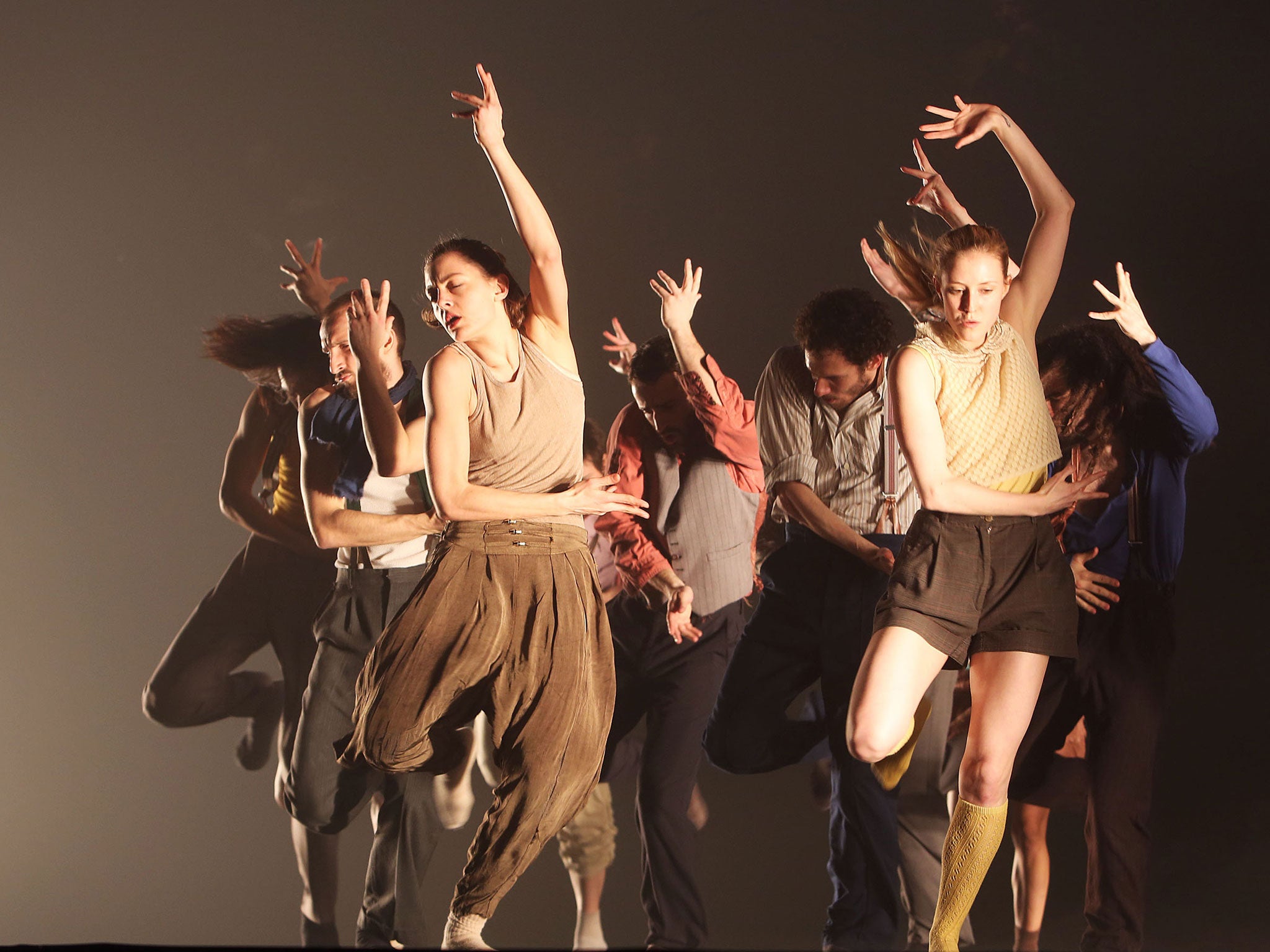A Bloody Sunday – but a beautiful 2013 as City of Culture Derry hosts this year's Turner Prize
Derry is this year’s City of Culture, but the nerve centre of the celebrations will forever be associated with its troubled past

The Turner Prize is no stranger to making headlines, but this year it is the venue – rather than the entries – that carries particular poignance.
Ebrington Square, which overlooks the historic walls of Derry on the River Foyle, will be the first place outside of England to host the arts prize later this year.
The square is the nerve centre for the year of cultural events coming under the umbrella of the Derry-Londonderry City of Culture 2013. But it is also loaded with meaning for another reason – as the site of the city’s former British army barracks.
During the Troubles it was totally cut off to residents – except those unlucky enough to be interned there.
The City of Culture organisers hope that the newly renovated Ebrington, which was only closed as a base by the UK Ministry of Defence in 2004, will become symbolic of a cultural future for a city with the youngest population in the country. Michael Bradley, bassist with The Undertones, said of the site: “It’s ours now.”
Derry was awarded the inaugural tag of UK City of Culture in 2010. The Northern Ireland Executive saw it as a chance to regenerate a poverty-stricken city that had long been defined by the outside world by the conflict between its nationalist and unionist communities, and the long shadow cast by Bloody Sunday.
Shona McCarthy, chief executive of Culture Company 2013, said that while Derry’s victory was a surprise, “part of it is that we’re the city with most to gain. I think the social inclusion aspect was important”. The Executive invested £12.6m to ensure 2013 would be a success.
It is a city of just 110,000 inhabitants, yet it has produced cultural icons including Seamus Heaney, Brian Friel, Willie Doherty and, of course, The Undertones. Ms McCarthy said. “For a tiny population, it’s always had an amazing cultural output.”
Derry has the youngest average age in the UK, with 40 per cent of the population under 25; it also has the highest youth unemployment in Northern Ireland and the suicide rate among young men is double that of neighbouring districts.
Martin McGinley, editor of the Derry Journal, said: “City of Culture won’t change Derry’s child poverty, but it will change the atmosphere here, and might kick start other initiatives happening in the city.” Organisers are aware of the need to involve young people. They have put in outreach programmes surrounding many of the events, including training teachers, and offering free tickets for the children. They also wanted to make tickets available to schools and children living in difficult neighbourhoods.
Brian McMenamin, a youth leader at Long Tower Youth & Community Centre, said the City of Culture was already having an effect. “The kids know well about the City of Culture. It is making an impact in areas like ours. The more opportunities that can be presented to young people the better. It’s whether they take them.”
Joe Thompson, a youth worker, said the young people he works with were well aware of the significance. “Some had inflated expectations, saying we should be bringing Rihanna and Eminem. Others were more pragmatic, asking: ‘Will it mean jobs? And something after 2013; it’s nice to have culture but what happens after?’ They’re happy that it’s here.”
Many are looking forward to BBC Radio 1’s Big Weekend. “The group I work with in their mid-teens would watch the pop culture, but they’re not interested in the ballet coming. That’s for other people. But they may well go to the stuff that’s free,” Joe added.
The year was kicked off with the Sons & Daughters opening concert, staged at The Venue, a temporary site in Ebrington that will host performances throughout the year.
Among the showpiece events coming up are the visit of the Royal Ballet, and The Return of Colmcille, an event scripted by Olympic opening ceremony writer Frank Cottrell Boyce that will take place along the Foyle. There are hundreds of smaller events that seek to include some of the poorest communities of the city. The look of the town is also being overhauled, with the regeneration of the riverfront and the transformation of buildings from the derelict old shirt factories. “It has breathed new life into what was a fairly dead area [around the shirt factories],” said Graeme Farrow, Culture Company programme director, said.
The tracks of the train into Derry are also being re-laid. There has been some disquiet among residents that the infrastructure projects were not all completed in time. Yet, Ms McCarthy pointed out the short period they had to put together the City of Culture.
While Liverpool had seven years to prepare for the European equivalent, Derry was handed the title in 2010 and the Culture Company was not set up until 2011. “Our lead up time has just been hideously short,” Ms McCarthy said. The programme had to be pulled together in six months.
The city wants to move beyond its history but its past is proving tough to shake off. At the beginning of March police thwarted dissident republicans from firing four mortars. Residents condemned the attacks.
Can art help heal the city? Choreographer Hofesh Shechter, who organised the biggest contemporary dance event ever staged in Northern Ireland in Derry earlier this year, thinks so. “It felt like there was a scar you can feel. This tension you can still feel,” he said. “The facts about the unemployment rate and the suicide rate, I thought we really have to blow some fresh air and hope, and give young people a sense of possibility.”
Join our commenting forum
Join thought-provoking conversations, follow other Independent readers and see their replies
Comments
Bookmark popover
Removed from bookmarks